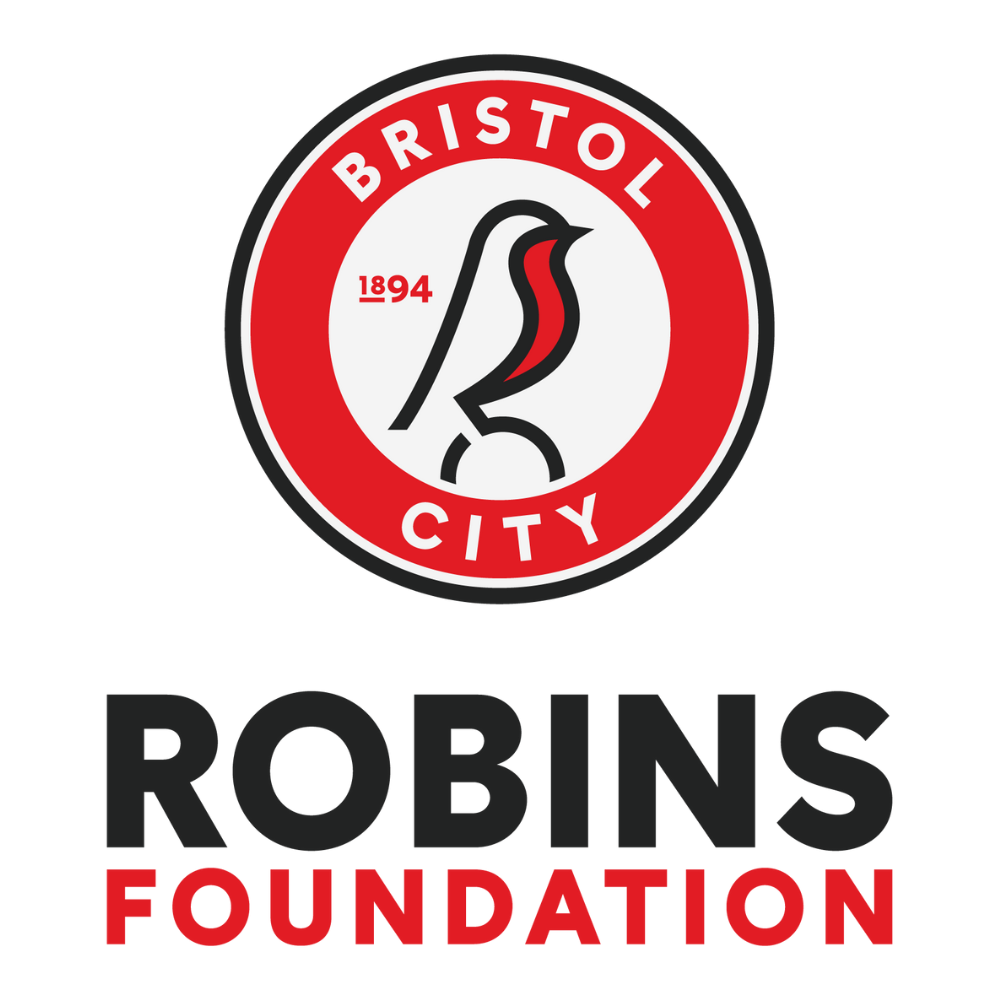Today we celebrate World Friendship Day
Annually, on July 30th, Friendship Day is being celebrated in many countries around the world as a day of respect between people from different backgrounds.
The International Day of Friendship was announced in 2011 by the UN General Assembly with the idea that friendship between peoples, countries, cultures and individuals can inspire peace efforts and build bridges between communities.The resolution places emphasis on involving young people, as future leaders, in community activities that include different cultures and promote international understanding and respect for diversity worldwide.
To celebrate the International Day of Friendship the UN encourages governments, international organizations and civil society groups to hold events, activities and initiatives that contribute to the efforts of the international community towards promoting a dialogue among civilizations, solidarity, mutual understanding and reconciliation. The International Day of Friendship is an initiative that follows on the proposal made by UNESCO defining the Culture of Peace as a set of values, attitudes and behaviours that reject violence and endeavour to prevent conflicts by addressing their root causes with a view to solving problems.

EFDN has launched a number of projects and organized programs in collaboration with European football clubs related to more engagement with the communities from different backgrounds across Europe. These projects and programms are meant to bring participants from various backgrounds together in community activities in order to explore new cultures and respect each others.
Community Champions League
The Community Champions League is an EFDN project in partnership with nine community-engaged football clubs: NAC Breda, Feyenoord, Aberdeen FC, Chelsea FC, Club Brugge, SV Werder Bremen, Vålerenga Fotball, Ferencvarosi TC and SL Benfica. The Community Champions League is a social street football competition organised locally in nine cities in eight different European countries, where the participating teams can win more points through Fair-Play, Fair Support and Volunteering in community activities than by winning their street football matches.
In collaboration with EFDN, the football clubs deliver the Pan-European programs to promote social integration through sport in order to provide opportunities for people from different cultures to come together to build relationships and friendships while breaking down barriers through the prevention of violence, racism and intolerance in grassroots sports and their communities. The project is focused on fair play, respect and tolerance, promoting social cohesion, equal opportunities and participation in sports for young boys and girls between the ages of 7 and 15 years.

The Community Champions League project highlights the key element of “Cultural understanding” in order to generate and emphasise mutual respect while creating confidence amongst the participants and building strong relationships between young people in their communities. More specifically, the local Community Champions League puts young people with different backgrounds from the same neighbourhood together to compete as a team against their peers from other parts of the city in order to become the Community Champions of their city.
The participating clubs organise workshops, community contributions and other events to promote volunteering and active citizenship. Thanks to a dynamic engagement of the whole neighbourhood within the programme, strong and active communities are therefore naturally being built within the cities.
Football for UNITY
In 2018, the EU was home to 22.3 million third-country nationals accounting for 4.4% of the total population. Factors such as cultural differences, language barriers and social stigma can make it particularly challenging for these young people to integrate into their new societies. The increase in migratory flows has reinforced the need to promote active participation of third-country national youth in all aspects of community and societal life. At the same time, members of host communities in Europe need a deeper understanding of the diversity that exists across the continent.
To address these challenges, The UEFA Foundation for Children, with the coordination of streetfootballworld and the support of The European Football for Development Network, have teamed up to launch ‘Football for UNITY’, a project co-funded by the European Union. Football for UNITY will utilise the international platform of the UEFA EURO 2020 to promote a positive image of migration and help create strong incentives that will lead to a more constructive discourse on migration within European host communities.

During the 20-month project period, ‘Football for UNITY’ the local stakeholders within the “Football for UNITY” project were in charge if planning, organising and implementing seven awareness-raising festivals in parallel to the UEFA EURO 2020. These events took place in seven host cities of the tournament with a great focus on the topic of the social inclusion of third-country nationals. The main goal of the project is to bring together third-country nationals and young people from host communities in Europe to participate in a series of forums and football for inclusion tournaments that will demonstrate football’s unique position to promote equality and social inclusion as European values.
Welcome Through Football
Welcome Through Football is a project initiated by EFDN where current projects across Europe receive funding from the Eramus+ programme of the European Union and the UEFA Foundation for Children. The project assists football coaches and youth workers in the development and sharing of effective methods in reaching out to the marginalised target group, in preventing racism and intolerance.
The Welcome Through Football 2021 project aims to assist in the integration and inclusion of recently arrived young refugees, asylum seekers and young people with a migrant background. EFDN and partners will develop and test a European methodology that uses football as a tool to reach refugees and migrants from different ages (7-25 years old) to get them physically and social active in European communities.

Welcome Through Football project consists of the following 3 step process:
- Socialisation to sports – providing different football offerings for young refugees of both genders related to their specific requirements such as language skills or the possibility of trauma.
- Socialisation in sports – working on team structure, giving more responsibility to the participants and offering additional steps out with the sports training sessions.
- Socialisation through sports – Focusing on the skills the participants learn from taking part in the available offers so that they qualify for further education in and outside of sports.
The following European clubs participating in the projects:
- Shakhtar Social
- Sheffield United Community Foundation
- Fundação Benfica
- Naoberschap United (FC Emmen)
- Werder Bremen
- Everton in the Community
- Apollon Limassol
- AEK Athens
- Big Hearts Community Trust
- Newcastle United Foundation
- KAA Gent
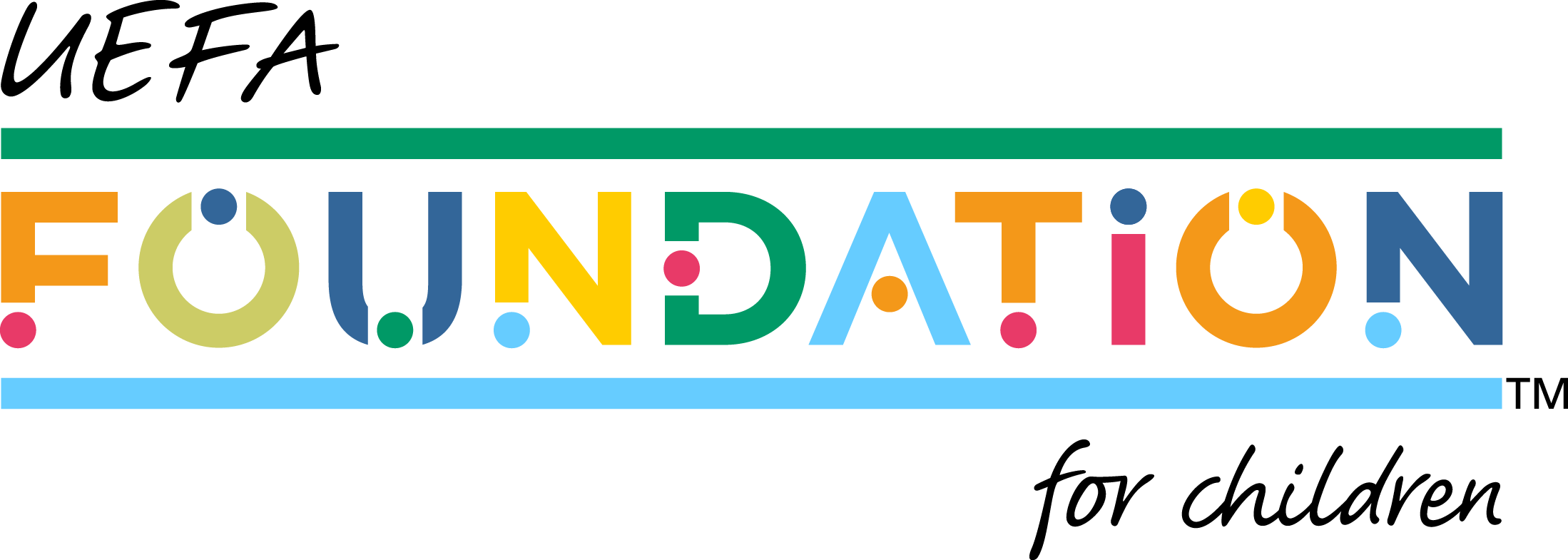

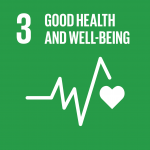
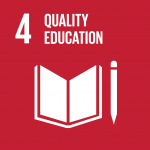
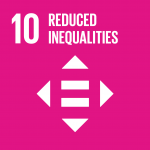
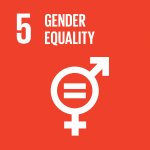


Aris Limassol FC Social, Environmental, and Health Initiatives


